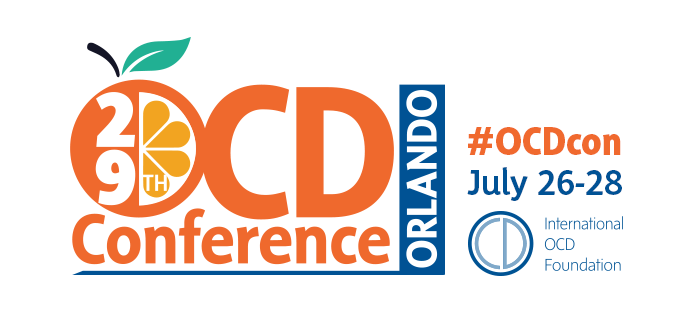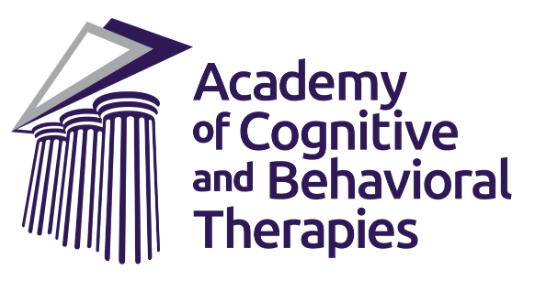
Join my fellow expert, Saharah Shrout, MA, LPC-S, and myself for the recorded live presentation during #OCDWeek 2020 we gave for OCD Texas (IOCDF Affiliate) in 2020. A very rough copy of some notes, providing examples, is below. I hope this helps you feel less alone and understand this: just about any distressing thought/feeling can be implicated in OCD.
Less common themes and/or variations
- Existential.
- Emotional contamination.
- What if someone else’s values rub off on me? What if general bad things occur being around someone? What if being close or in a geographical location will have a negative influence on me, change me, impact me in some way?
- “Transformational”– if I look at this person I’ll become….less successful, an animal….a plant….inherit abilities or skills, lower than mine (like emotional contamination in a sense).
- Sensorimotor/Somatic OCD (some call it “hyper-awareness.”)
- Inability to stop thinking about blinking, breathing, heart rate, swallowing
- Fears center mainly on the concern that automatic bodily processes or physical sensations will fail to return to their previous unconscious state, thus forever “driving the sufferer crazy.”
- Some fear that they have to pay attention or else the automatic bodily process will cease to function normally
- Still, others fear that because they are paying attention, the body process is not functioning properly
- https://www.sheppardpratt.org/news-views/story/navigating-hyperawareness-obsessions/
- Other types of obsessions with sensations
- False urges/uncomfortable physical sensations such as frequent urge to urinate or void – in general, hyper-awareness of oneself, one’s body, and bodily functions; Could result in excessive checking, checking to be sure that bowels or bladder are empty – or continuing until a just right feeling
- Obsessional Slowness
-
- As is the case with all sub-types, we need to assess the function of the response; obsessional slowness may be in response to scrupulosity fears (I.e., not wanting to move or speak out of fear of being blasphemous or sinful. The person becomes stuck. Could be due to just right concerns, doing things over and over, or in this case waiting to do something until it feels right
- In extreme cases, can appear as catatonia
-
- Relational
- Neutral stimuli (song in head, picture in mind, colors).
- Shame around obsessions, taboo.
- Different experiences (shame, sadness, disgust, family disruption).
- False Memory OCD.
- Memories are all mostly stored in the same place in the brain, even if “false.”
- People can sense that they have a memory w/o confidence it’s really true. They are unsure if it’s a story made up by them or a real event.
- Real Event OCD
- Retroactive Jealousy OCD.
- Fear of losing one’s mind.
- OC Spectrum and related: Olfactory, misophonia, sensory disintegration, food issues, trich, excoriation, eating disorders.
- Perfectly understanding– needing to feel just right or ascertain a sense of knowing what is said/read, etc.








Leave a Reply